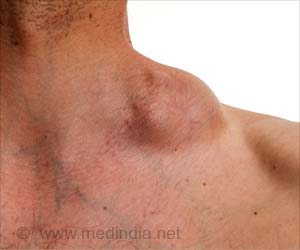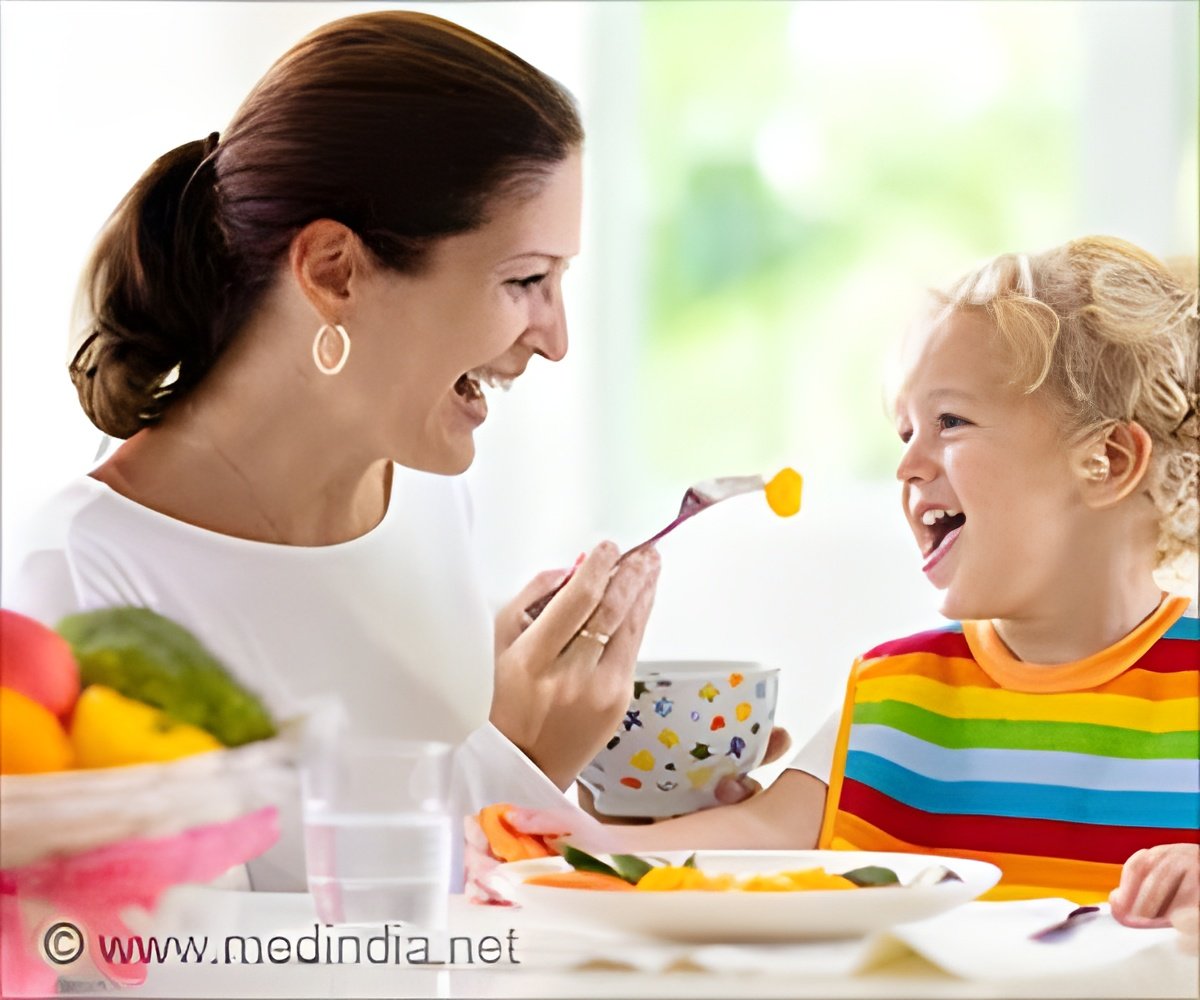Diet plays a significant role in maintaining overall health, and it can be a supportive component in managing certain health conditions. However, when it comes to a complex and serious form of cancer like lymphoma, can diet alone provide a cure?
The Impact of Diet on Lymphoma Management
Dr. Nanda Rajaneesh, a General Surgeon and Gastrointestinal Oncology Surgeon at Apollo Spectra Hospital in Bangalore, emphasizes that while diet cannot cure lymphoma, it can play a crucial role in managing the condition, reducing treatment side effects, and promoting overall well-being. A well-balanced and nutritious diet can aid patients in their journey to recovery.
Foods to Include in a Lymphoma-Friendly Diet
Dr. Rajaneesh recommends incorporating specific foods into one’s diet to support lymphoma management. A diet rich in fruits, vegetables, and whole grains provides essential vitamins, minerals, and antioxidants that strengthen the immune system. Lean proteins, such as eggs, chicken, fish, and legumes, support muscle health and recovery during treatment (1✔ ✔Trusted Source
Healthy lifestyle and the risk of lymphoma in the European Prospective Investigation into Cancer and Nutrition study
Go to source
).
Foods to Avoid During Lymphoma Treatment
On the other hand, Dr. Rajaneesh advises against consuming processed foods with artificial additives, sugary snacks, and excessive red meat during lymphoma treatment. These foods have the potential to cause inflammation and deplete the immune system.
Patients undergoing lymphoma treatment may experience side effects like nausea, loss of appetite, and changes in taste perception. In such cases, a nutritionist or dietitian can help develop customized meal plans to ensure patients receive the necessary nutrients for recovery.
Expert Opinions on Diet and Lymphoma
Dr. Bharat Bhosale, Founder and Director at Sunrise Oncology Centre, firmly states that diet alone cannot cure lymphoma. Lymphoma is a cancer that affects the lymphatic system, and its treatment involves a combination of therapies administered by medical professionals, such as chemotherapy, radiation therapy, immunotherapy, and sometimes stem cell transplantation.
While a healthy diet is essential for overall well-being and can support the body during cancer treatment, it cannot act as a standalone cure.
Dr. Bhosale concludes that individuals diagnosed with lymphoma or any other type of cancer should collaborate closely with their healthcare team to develop a tailored treatment plan specific to their condition.
Advertisement
Dietary choices are indeed vital in managing health during and after cancer treatment, but they are not a substitute for medically proven cancer treatments.
While diet can be a valuable component of lymphoma management, it is not a standalone solution for curing the disease. Collaboration between medical professionals and patients is key to a comprehensive and effective approach to lymphoma treatment.
Reference :
- Healthy lifestyle and the risk of lymphoma in the European Prospective Investigation into Cancer and Nutrition study – (https:pubmed.ncbi.nlm.nih.gov/32176325/)
Source: Medindia



